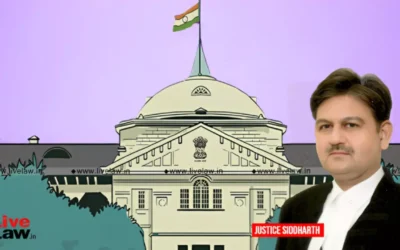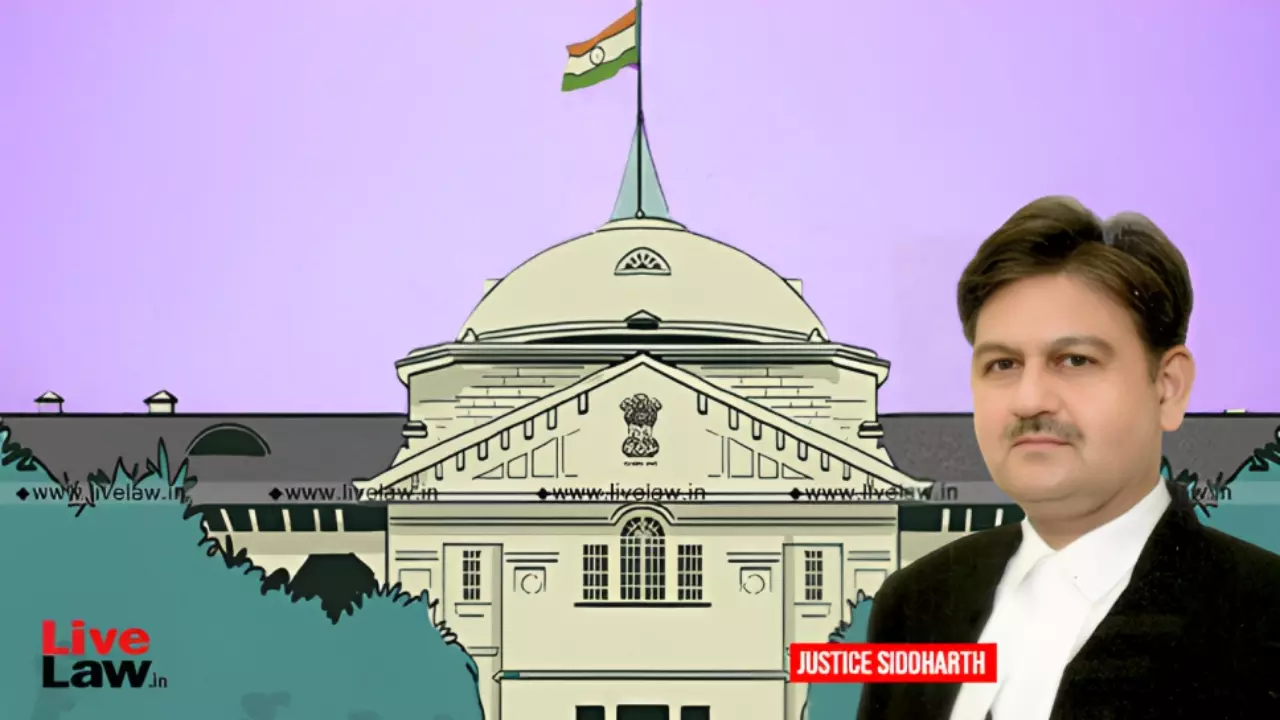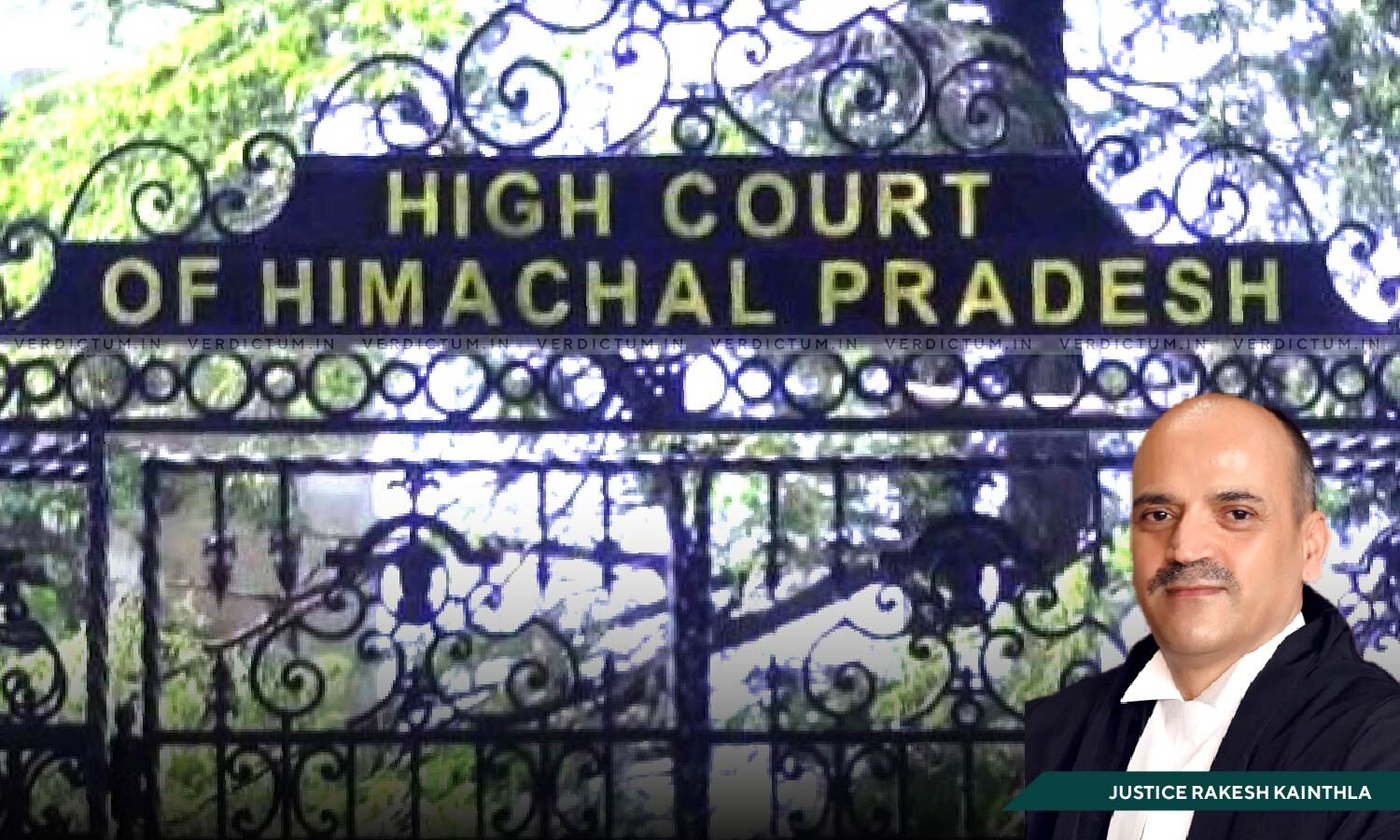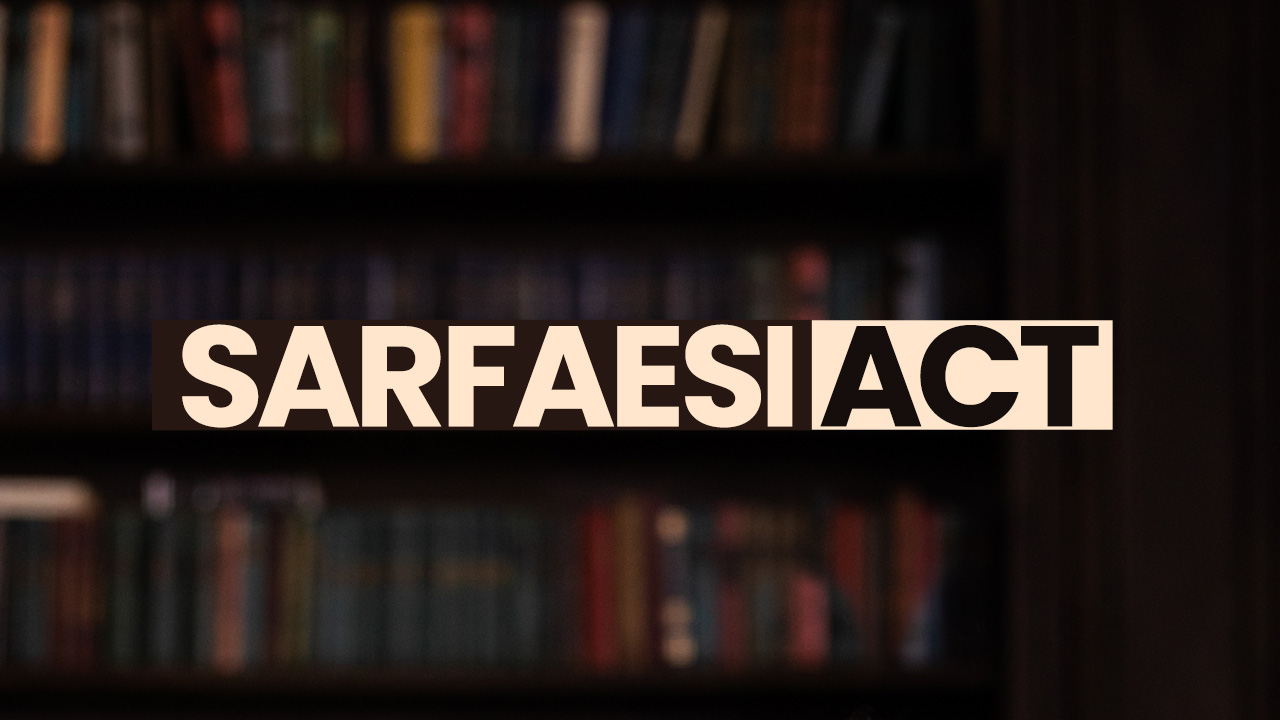Madras High Court Upholds SBI’s Decision
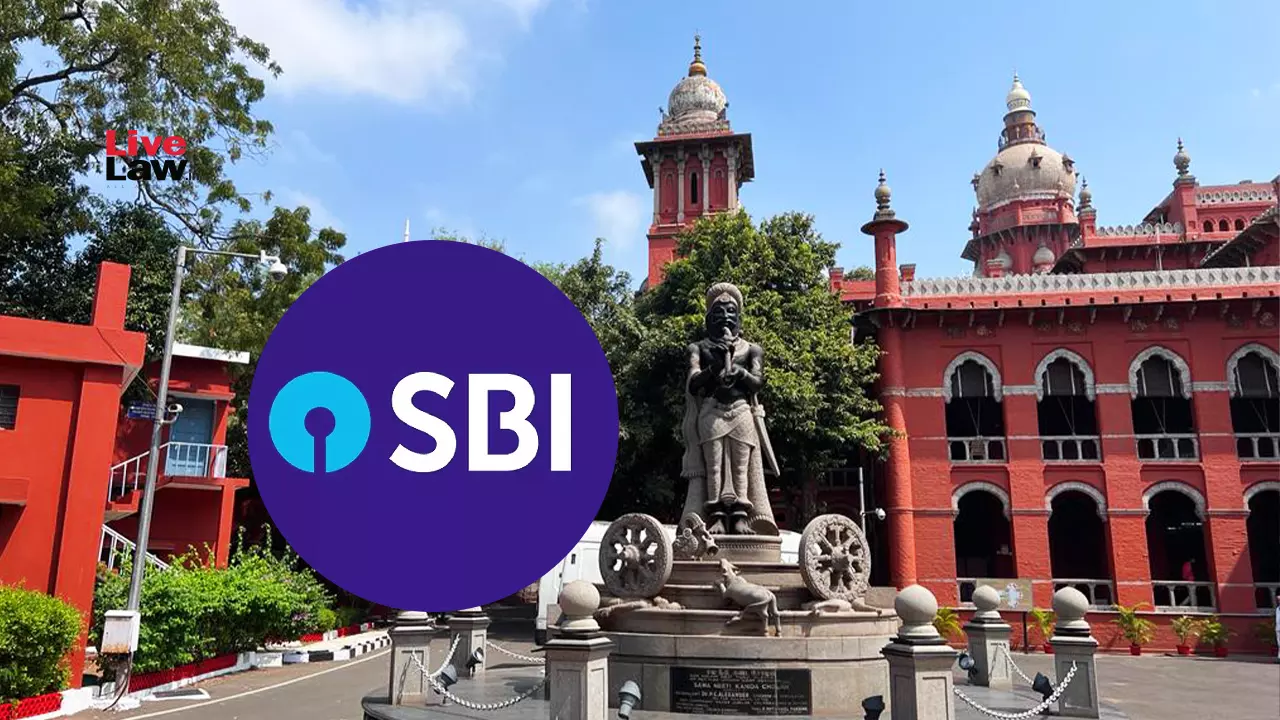
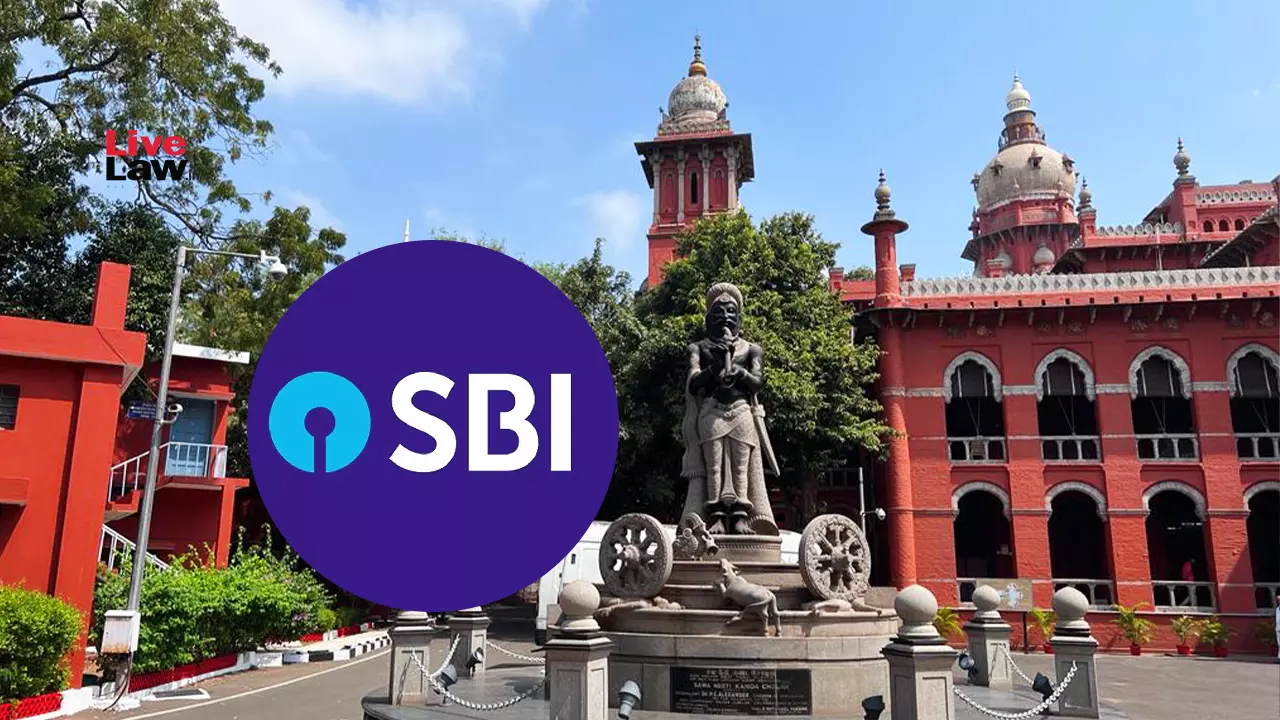
The Madras High Court recently refused to interfere with an order passed by the State Bank of India cancelling the appointment of a man over an adverse credit history in his CIBIL report.
Justice N Mala observed that the banking business required financial discipline as the employees dealt with public money. The court added that a person with poor financial discipline could not be trusted with handling public money and thus the bank was right in holding that persons with adverse CIBIL were ineligible for appointment.
“One more aspect that needs mention here is that the bank took a prudent decision that the candidates with history of default in repayment of loans and adverse CIBIL and other external agencies report were ineligible. The probable rationale behind the said criteria may be that in banking business, the employees deal with public money and therefore financial discipline needs to be strictly maintained. Further there must be efficiency in handling public money and obviously a person with poor/ or no financial discipline cannot be trusted with public money,” the court said.
The court was hearing a petition filed by a candidate whose employment was cancelled based on adverse credit report. He submitted that he had applied for the post of Circle Based Officer [CBO] and fulfilled the necessary criteria. He also informed the court that he had successfully cleared the exam, interview, medical examination, certificate verification and CIBIL and other document verification and an appointment letter was issued on March 16, 2021.
The petitioner submitted that his CIBIL report was taken on March 12, 2021, was verified by the authorities on March 16, 2021 and he was asked to submit his explanation to the CIBIL report. Though he submitted his explanation, and requested the Bank to permit him to continue duty, the bank issued the cancellation order, cancelling his appointment.
He contended that on the date of the notification, he didn’t have any dues or adverse report in repayment of loans/credit and had cleared all loans. He added that he was not declared a defaulter by CIBIL report or any other agency and thus, the order cancelling his appointment by invoking Clause 1(E) (Eligibility Criteria) was illegal and liable to be set aside. Pointing out that similarly placed candidates who had committed default on the date of notification were given appointment, he also alleged that there was discrimination.
The Bank submitted that as per the Eligibility Criteria, candidates with records of default in repayment of loans, adverse report of CIBIL and other external agencies were not eligible for appointment. The Bank argued that since the petitioner’s CIBIL report revealed adverse credit history in repayment of loans and credit card usage, he was found ineligible under Clause 1(E) of the eligibility criteria. Claiming that the petitioner had suppressed material information, the bank argued that he had no right to claim continuance of service. With respect to discrimination, the Bank submitted that the petitioner’s case was different as he had defaulted on more than one instalment.
The court noted that, as per the eligibility criteria, it was crystal clear that maintaining a clear record of repayment of loans without any default was the requirement. Perusing the CIBIL report submitted by the Bank, the court noted that there were 9 irregular credit facilities and more than 10 credit enquiries against the petitioner. The court also noted that the petitioner had also admitted to defaulting the repayment of loans. The court also rejected the argument of discrimination and noted that only those candidates who have fulfilled the necessary criteria were given appointment.
Thus, finding no merit, the court dismissed the petition.
Counsel for Petitioner: Mr. V. Sidharth
Counsel for Respondents: Mr. C. Mohan, Ms. A. Rexy Josephine Mary for M/s. King & Patridge
Case Title: P Karthikeyan v. The General Manager and Others
Citation: 2025 LiveLaw (Mad) 216
Case No: W. P. No. 11122 of 2021

